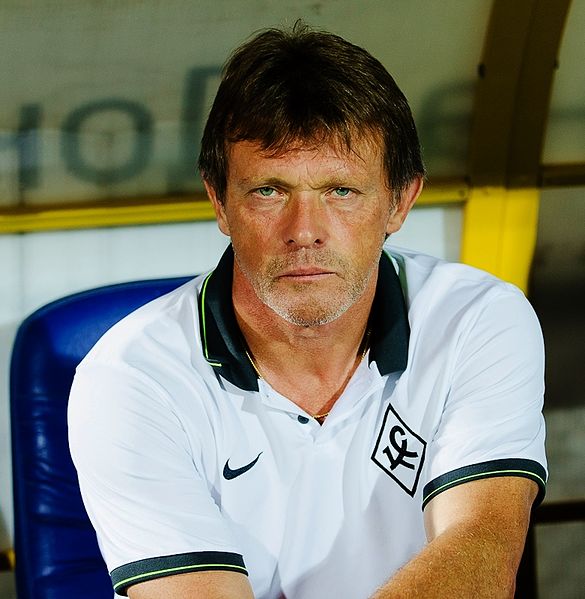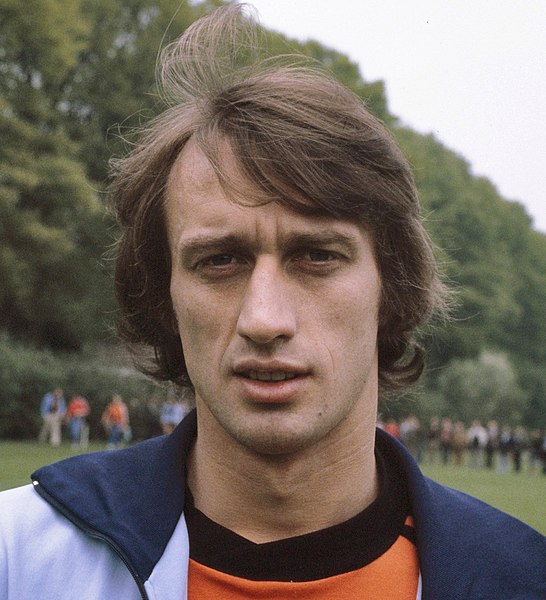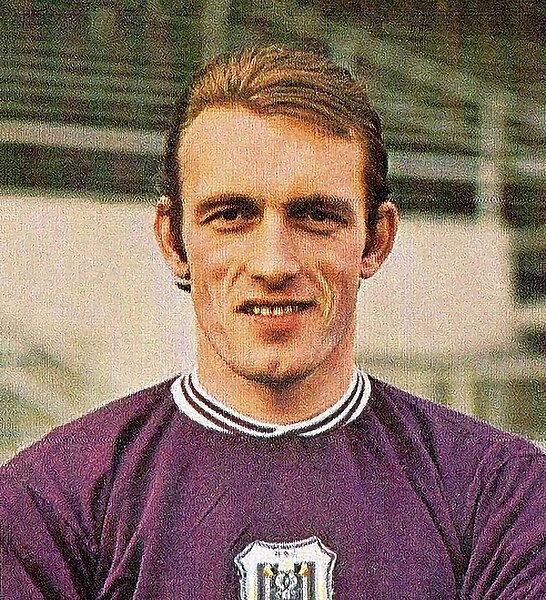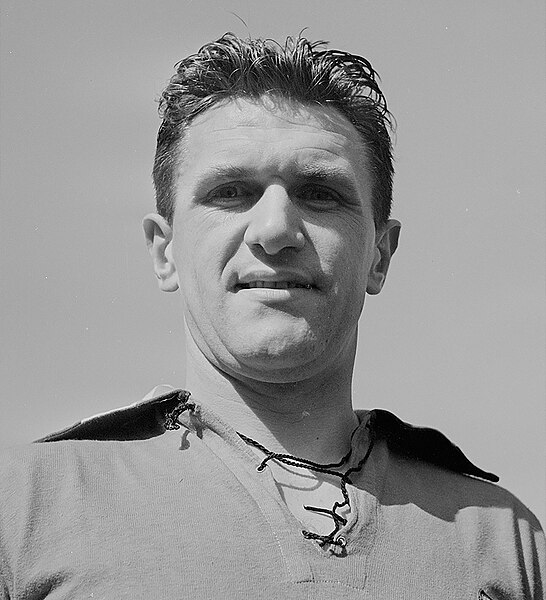Infinite photos and videos for every Wiki article ·
Find something interesting to watch in seconds
British Monarchs
Celebrities
Tallest Buildings
Great Cities
Best Campuses
Ancient Marvels
Rare Coins
Presidents
Largest Palaces
Countries of the World
Crown Jewels
Great Artists
Orders and Medals
Famous Castles
Recovered Treasures
World Banknotes
Great Museums
History by Country
Richest US Counties
Wonders of Nature
Supercars
Animals
Largest Empires
Kings of France
Wars and Battles
Sports
more top lists





